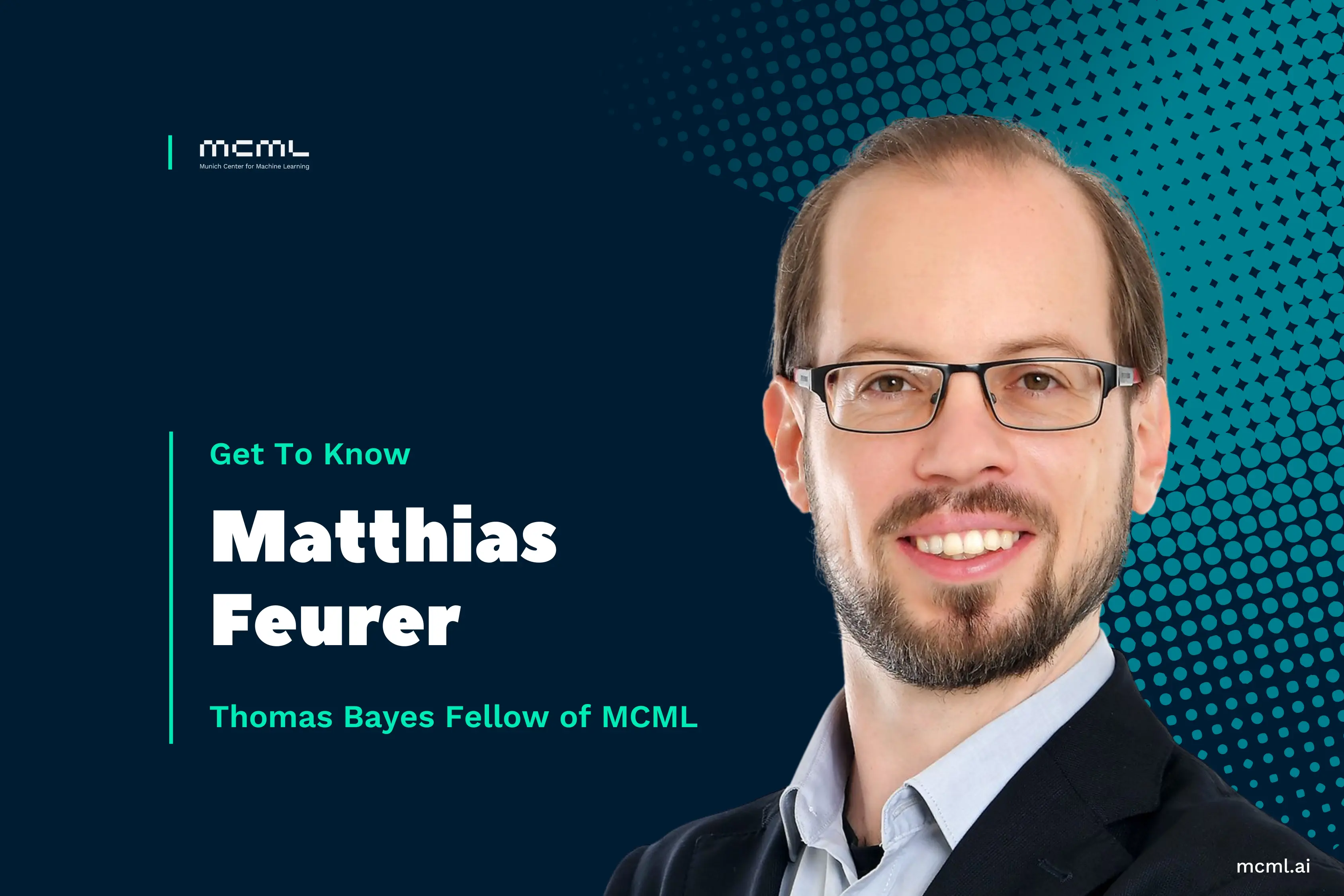20.10.2022
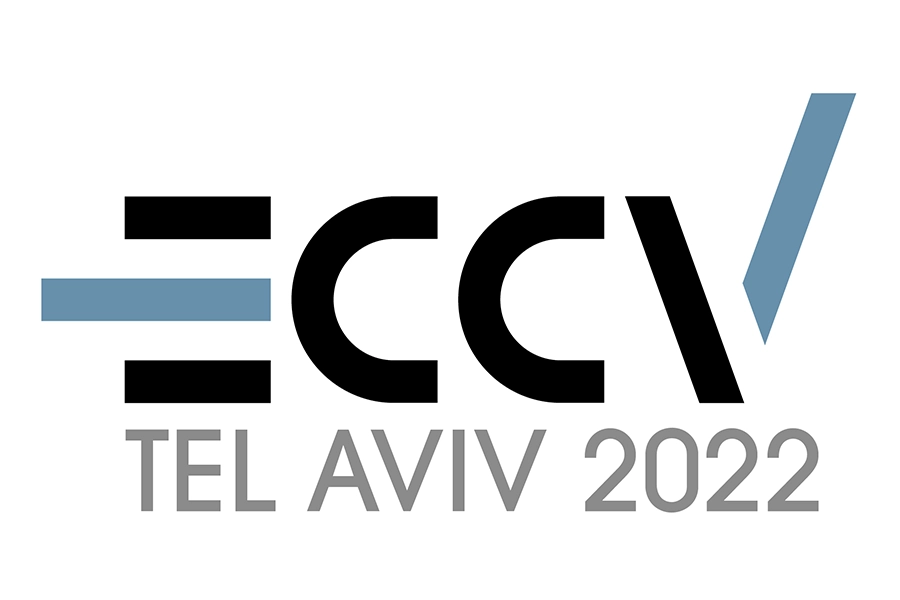
MCML at ECCV 2022: Two Accepted Papers
17th European Conference on Computer Vision (ECCV 2022). Tel Aviv, Israel, 23.10.2022–27.10.2022
We are happy to announce that MCML researchers have contributed a total of 2 papers to ECCV 2022. Congrats to our researchers!
Main Track (2 papers)
Relationformer: A Unified Framework for Image-to-Graph Generation.
ECCV 2022 - 17th European Conference on Computer Vision. Tel Aviv, Israel, Oct 23-27, 2022. DOI GitHub
Abstract
A comprehensive representation of an image requires understanding objects and their mutual relationship, especially in image-to-graph generation, e.g., road network extraction, blood-vessel network extraction, or scene graph generation. Traditionally, image-to-graph generation is addressed with a two-stage approach consisting of object detection followed by a separate relation prediction, which prevents simultaneous object-relation interaction. This work proposes a unified one-stage transformer-based framework, namely Relationformer that jointly predicts objects and their relations. We leverage direct set-based object prediction and incorporate the interaction among the objects to learn an object-relation representation jointly. In addition to existing [obj]-tokens, we propose a novel learnable token, namely [rln]-token. Together with [obj]-tokens, [rln]-token exploits local and global semantic reasoning in an image through a series of mutual associations. In combination with the pair-wise [obj]-token, the [rln]-token contributes to a computationally efficient relation prediction. We achieve state-of-the-art performance on multiple, diverse and multi-domain datasets that demonstrate our approach’s effectiveness and generalizability.
MCML Authors

Georgios Kaissis
Dr.
Associate
* Former Associate
Parameterized Temperature Scaling for Boosting the Expressive Power in Post-Hoc Uncertainty Calibration.
ECCV 2022 - 17th European Conference on Computer Vision. Tel Aviv, Israel, Oct 23-27, 2022. DOI GitHub
Abstract
We address the problem of uncertainty calibration and introduce a novel calibration method, Parametrized Temperature Scaling (PTS). Standard deep neural networks typically yield uncalibrated predictions, which can be transformed into calibrated confidence scores using post-hoc calibration methods. In this contribution, we demonstrate that the performance of accuracy-preserving state-of-the-art post-hoc calibrators is limited by their intrinsic expressive power. We generalize temperature scaling by computing prediction-specific temperatures, parameterized by a neural network. We show with extensive experiments that our novel accuracy-preserving approach consistently outperforms existing algorithms across a large number of model architectures, datasets and metrics.
MCML Authors
#research #top-tier-work #cremers #tresp
Related
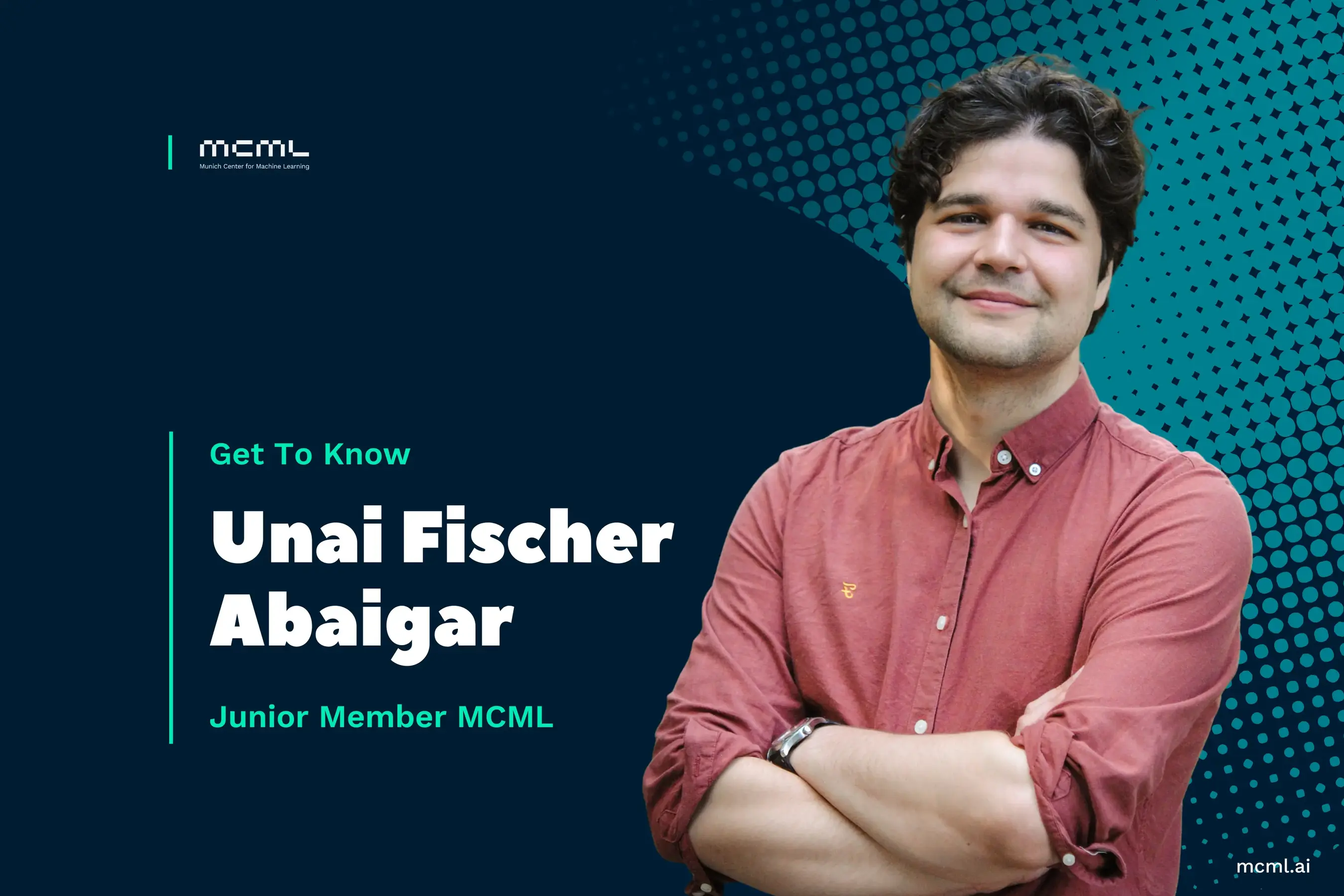
09.10.2025
Rethinking AI in Public Institutions - Balancing Prediction and Capacity
Unai Fischer Abaigar explores how AI can make public decisions fairer, smarter, and more effective.
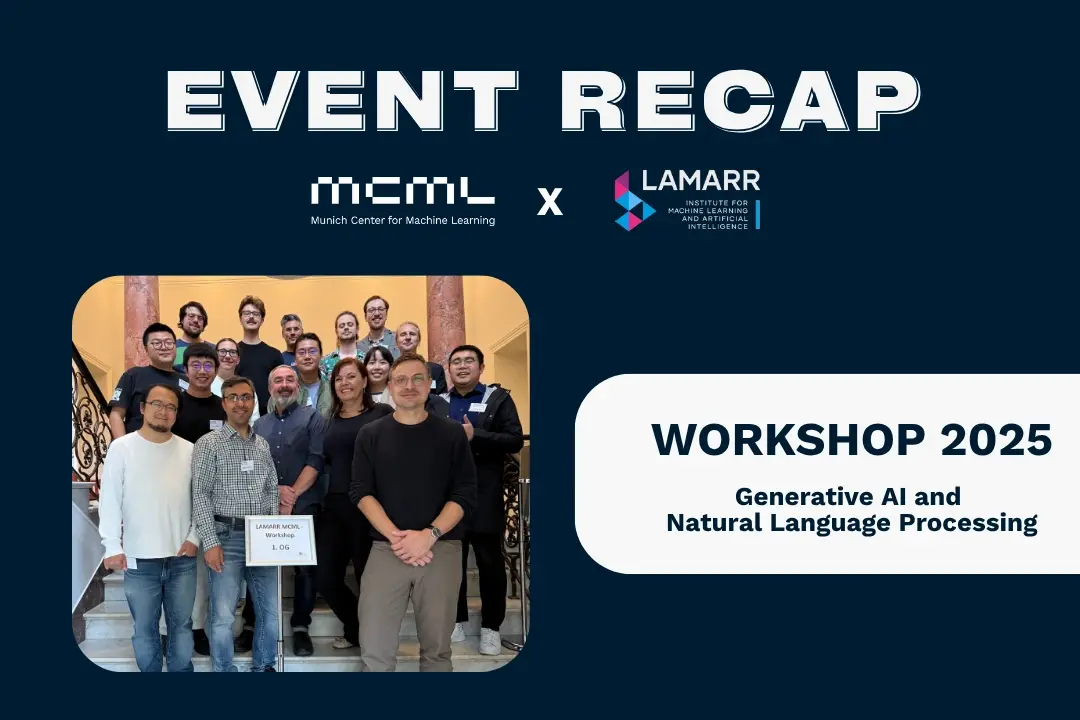
08.10.2025
MCML-LAMARR Workshop at University of Bonn
MCML and Lamarr researchers met in Bonn to exchange ideas on NLP, LLM finetuning, and AI ethics.
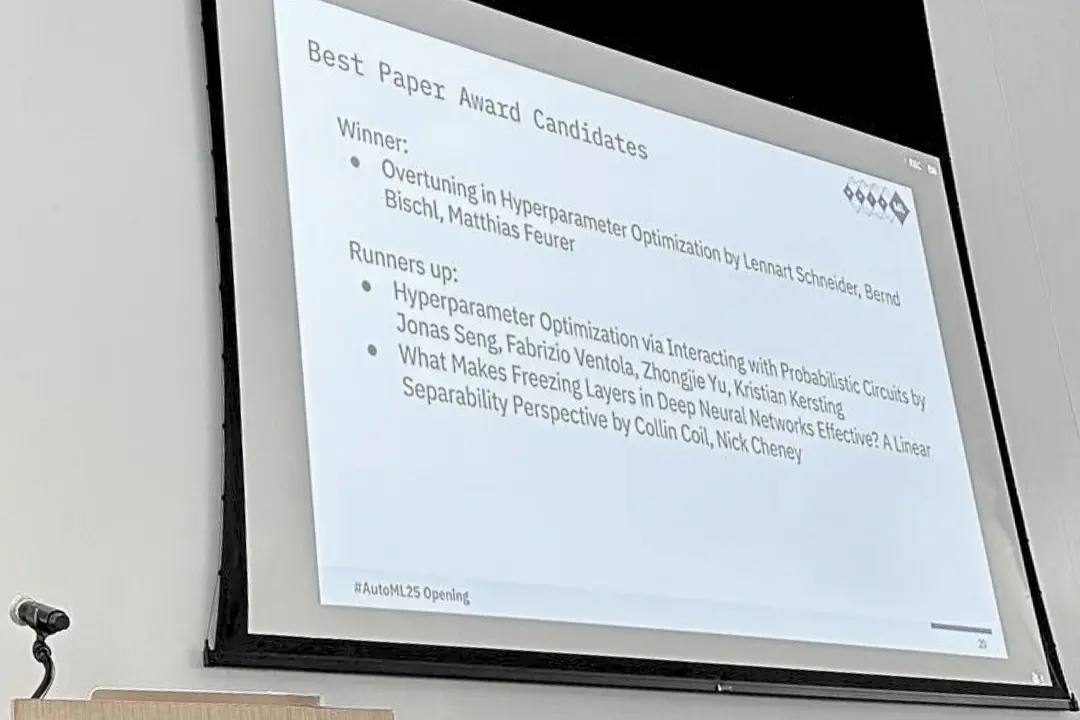
08.10.2025
Three MCML Members Win Best Paper Award at AutoML 2025
MCML PI Matthias Feurer and Director Bernd Bischl’s paper on overtuning won Best Paper at AutoML 2025, offering insights for robust HPO.
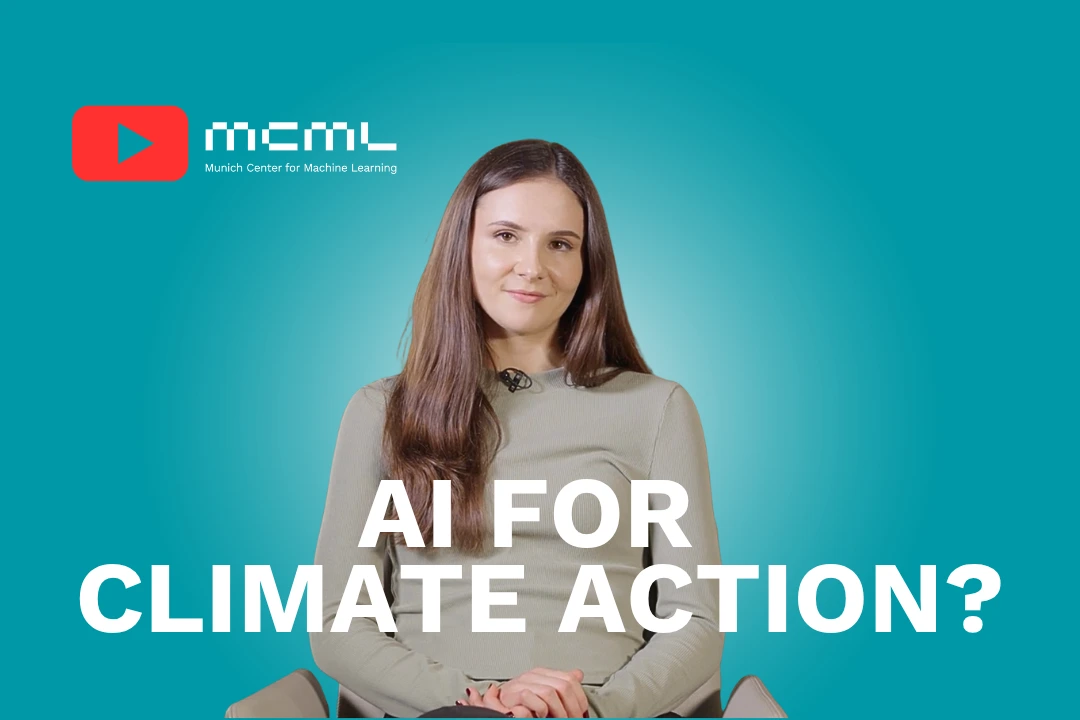
29.09.2025
Machine Learning for Climate Action - With Researcher Kerstin Forster
Kerstin Forster researches how AI can cut emissions, boost renewable energy, and drive corporate sustainability.




